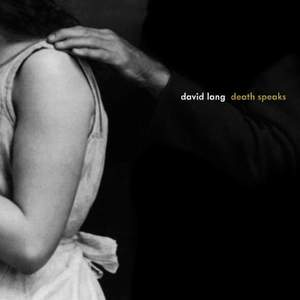In 2012, David Lang spent so much time racking up awards — from Carnegie Hall’s 2013-14 Debs Composer’s Chair to Musical America’s Composer of the Year — that it’s a wonder he was able to wrangle a project of the size and scope of death speaks. Commissioned by Carnegie Hall and Stanford Lively Arts to go on a program with his piece the little match girl passion, death speaks draws its initial inspiration from the work of Schubert — specifically the song “Death and the Maiden.”
As Lang describes it, “I went alphabetically in the German through every single Schubert song text (thank you, internet!) and compiled every instance of when the dead sent a message to the living. All told, I have used excerpts from 32 songs, translating them very roughly and trimming them in the same way that I adjusted the Bach texts in the little match girl passion.”
For the next step in the process, Lang sought to recruit an ensemble of successful indie composer/performers who had training in classical music, and invite them back into the fold. “I asked rock musicians Bryce Dessner (The National), Shara Worden (My Brightest Diamond) and Owen Pallett (Final Fantasy) to join me, and we added Nico Muhly. He’s not someone who left classical music, but he’s known and welcome in many musical environments. All these musicians are composers, they can write all the music they need themselves, and it is a tremendous honor for me to ask them to spend some of their talent on my music.”
As a companion to the five-part “death speaks,” Lang also composed “depart,” the second piece on the CD. Featuring four solo vocalists with Maya Beiser on cello, the music offers a life-affirming meditative ambience intended to help family members deal with the death of a loved one. The piece currently plays as part of a permanent installation at a hospital morgue in France (for more information, visit: radiolab.org/blogs/radiolab-blog/2008/jan/29/salle-des-departs).





